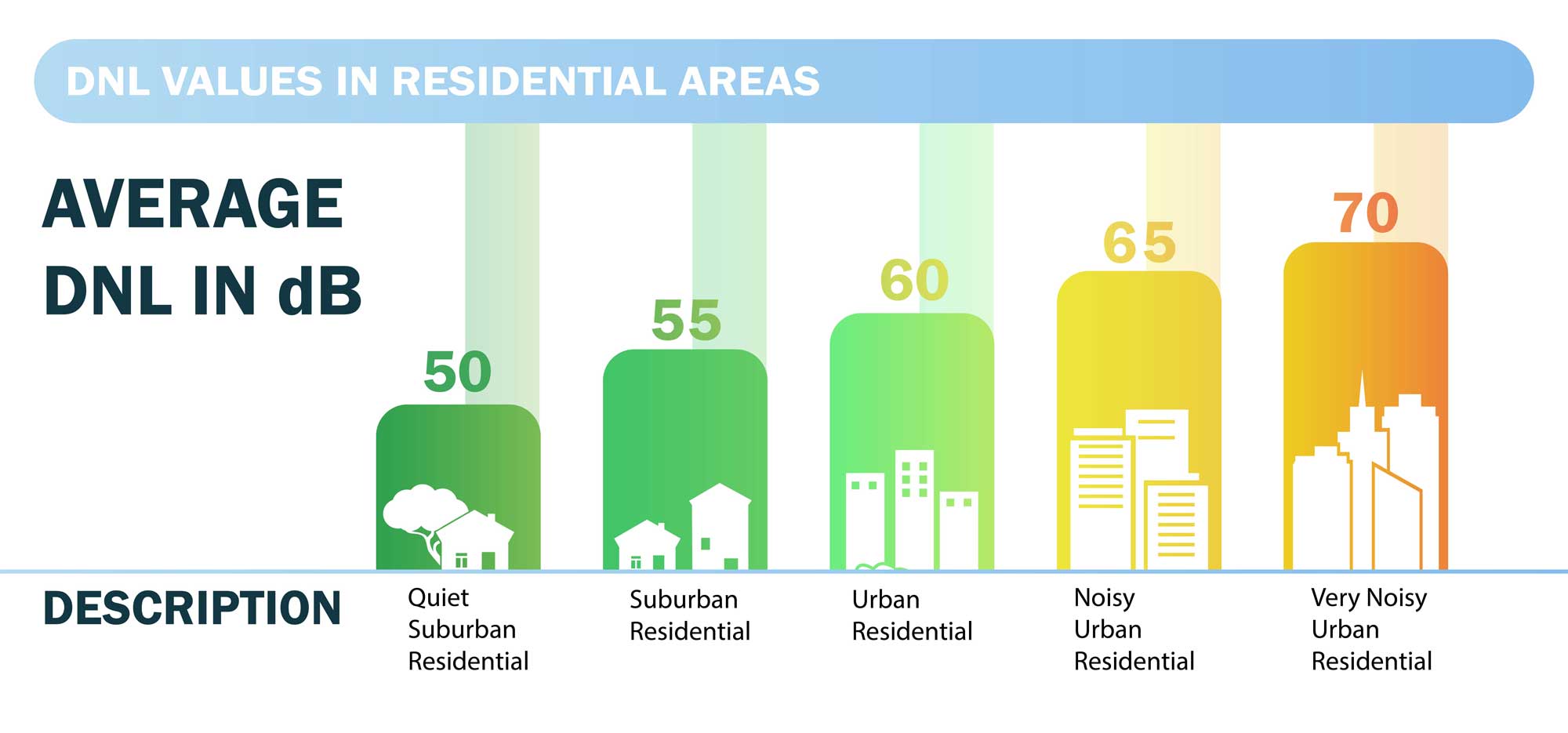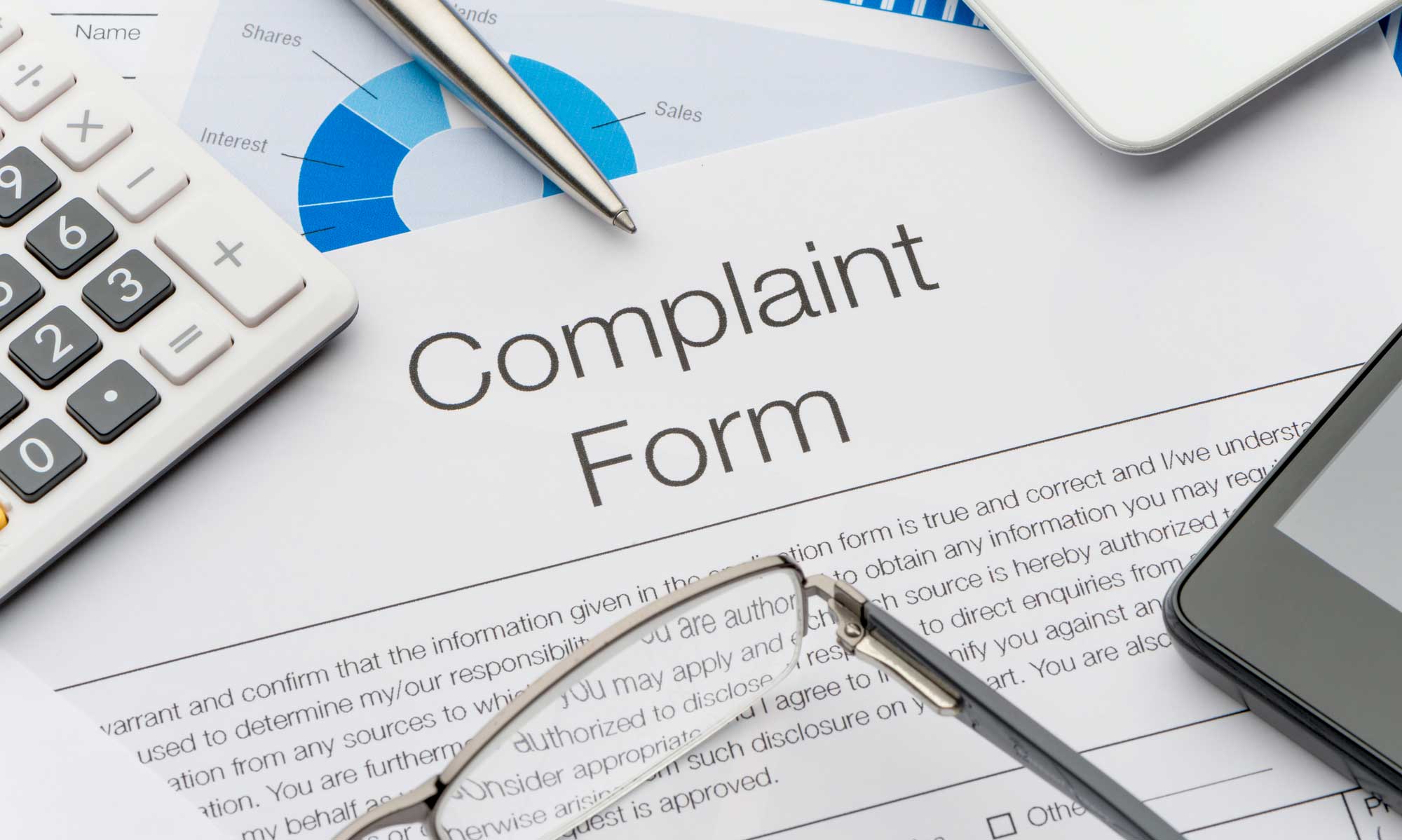- Who To Call For Noise Complaint
- When Can You File A Noise Complaint
2.1 Amplified Sound
2.2 Music
2.3 Construction
2.4 Events And Parties
2.5 Animal Noises - What Actions Can You Undertake
3.1 Have A Conversation
3.2 Come Up With A Compromise
3.3 Give A Warning
3.4 Talk With The Landlord
3.5 Contact Police - How To Make A Noise Complaint
- How To File A Noise Complaint Anonymously
- What Is An Acceptable Noise Level
- Measure Noise Level At Home With Decibel Pro App
Loud noise is a nuisance, especially in urban and residential environments. The constant humming of city life, construction and traffic noise, all of them are a part of modern life.
Unfortunately, on top of this, many also have to deal with noisy neighbors. If you are too and are wondering how to file a noise complaint, read on to find out.
Who to Call for a Noise Complaint?
Who you should call to make a noise complaint depends on several factors. The most important one is probably the source of the noise.
Before filing a noise complaint, check applicable noise ordinances or regulations and what bodies/authorities you can submit your specific complaint to.
Noisy neighbors
If the source of the noise is your neighbor, your status – namely homeowner or tenant, will matter. If you are a tenant, you should contact your landlord about the noise disturbance. They have a legal responsibility to ensure your right to quiet enjoyment of the rented property and they will have to address the matter directly.
If, in turn, the noisy neighbor is a tenant, you also have the option of contacting their landlord to make a noise complaint. In this case, the neighbor’s landlord must deal with their tenant and warn them to keep the noise down.
Another factor is whether you are part of an owners’ association or HOA. If you are, you can also contact these bodies and see how to file a noise complaint with them formally.
Last but not least, your location and the applicable law will also play a part in where and how you can file a noise complaint.
There are areas where noise complaints are handled by specialized departments. In others, the city council handles noise complaints. However, in most cities or residential areas, the police are the ones handling noise complaints.
Industrial or Construction Noise
Factories, as well as industrial and construction sites, use heavy machinery and can make a lot of noise. Although industrial premises and factories are usually located outside residential areas, some are not. Therefore, they can become a nuisance to nearby residents.
Construction sites are often right in the heart of busy communities and can cause a lot of noise disturbance.
In these cases, you should check how to make a noise complaint with your city council for industrial/construction noise.
Aircraft Noise
Many residents of areas located nearby airports complain about aircraft noise. In such cases, you should check how to file a noise complaint with the relevant Civil Aviation authorities, as well as your local council.
Other Noise
For excessive noise caused by antisocial behavior, public shows like concerts, or things like alarms or fireworks, you should make a noise complaint with the police. They will take the necessary steps to investigate the source of the noise and apply the required measures to stop it.
When Can You File a Noise Complaint?
When you can file a noise complaint will depend on the noise ordinances/regulations applicable in your area.
You can find specific information on acceptable decibel levels for each type of area on local or government websites. That is also where you will find information about types of noise and permitted hours.
Additionally, you can determine whether the noise you want to file a complaint about exceeds average levels by using the table below. It shows average decibel levels for different residential areas:

Here are a few examples of the types of noise you can make a noise complaint about:
Amplified Sound
Any sound amplified using electronic equipment is considered amplified sound. This can be the sound of:
- a human voice (like singing)
- music amplified by speakers
- communication via a public address system
Music
Loud music can come from several places. It can be music:
- played in a car with a powerful sound system
- amplified through speakers by a neighbor
- from concerts or public shows
Construction
Heavy machinery noise can reach dangerous decibel levels that can harm human hearing. Especially if the noise is not temporary.
As mentioned above, for construction noise complaints, you should check local authorities to see how to file a noise complaint. You may have a better chance of stopping the noise if you direct your complaint to specialized authorities and if you file a joint complaint with several neighbors.
Events and Parties
The same goes for loud noise and music from events and parties. With this type of noise, you are probably not the only one finding it a nuisance.

In this case, you should contact the police and inform them that the noise from a party/event is bothering several households.
Animal Noise
In some areas, animal (like dog barking) noise complaints are treated separately, by a specialized department such as animal control. Check to see whether there is such a department in your area and see how to file a noise complaint with them.
What Actions Can You Undertake?
Have a Conversation
Before you make a noise complaint, try to address the noise problem by having a calm conversation about it. Talk to your noisy neighbor to let them know that they are causing a disturbance and see what solutions you can agree on.
Come Up with a Compromise
Compromise is always better than conflict. So, before filing a noise complaint, see if you cannot discuss with the person causing the noise to work out a mutually beneficial solution.
Give a Warning
A warning can be a good way to avoid conflict while still standing your ground. Inform whoever is causing the noise disturbance that you intend to take further action if the noise does not stop. Add supporting information regarding the noise ordinances/regulations they are in violation of and what actions you intend to pursue.
Talk with the Landlord
As mentioned above, there are two instances where you can ask the landlord to handle a noise complaint. The first one is if you are a tenant, in which case your landlord must handle the problem.

The second one is when the person causing the noise is a tenant. In this case, their landlord must prevent their tenants from being a nuisance to other neighbors.
Contact the Police
If all else fails, contact the police. File a formal complaint and supply enough details so that officers can make an investigation. You can file a complaint with the police by letter, phone, or online.
How to Make a Noise Complaint
To file a noise complaint, follow the steps below:
- identify which body/authority you want/should file a noise complaint with (HOA, landlord, police, local council, etc.)
- mention your name, address, and contact details, as well as the details of the location of the disturbance (if different)
- name the person making the noise or give as many details about them as you can (location, age, description)
- specify where the noise is coming from and what type of noise it is
- mention when the noise disturbance occurred, for how long, and how often. You can document your complaint with a time log with the times of day and how frequently the disturbance occurs
- provide evidence of noise levels with decibel measurements (that the investigation should confirm)
- give details about what actions you took before filing the complaint and what the result was.
After filing your complaint, the relevant body/authority will have to investigate the matter and inform the said person that a noise complaint has been filed against them.
The first step will probably be a warning. If the said person continues to make noise and a second complaint is received, then they will receive a fine.
How to File a Noise Complaint Anonymously
If you want to file a noise complaint anonymously, some authorities accept this, and some don’t. Depending on the applicable regulations, you can ask the authorities you filed a complaint with to not disclose your name.
Authorities in some cities/areas accept phone/online complaints filed anonymously.
Another way to file a noise complaint anonymously is to file a joint complaint with other neighbors/residents. In this case, you can sign the complaint as a group, not individually.
What is an Acceptable Noise Level?
Each residential area will have specific permitted noise levels. Most often, they refer to the noise:
- duration
- level
- source
- occurrence (time of day)
There are instances where allowed noise levels and acceptable noise levels are not the same thing. Namely, you could find that the noise you find unacceptable is not above the noise ordinances/regulations in your area.
In the US, the following general limits may apply:
• exterior noise: 55 dBA (7 a.m. – 10 p.m.) and 50 dBA (10 p.m. – 7 a.m.)
• interior noise: 55 dBA (7 a.m. – 10 p.m.) and 45 dBA (10 p.m. – 7 a.m.)
However, each area will have its own noise regulations. This is why it’s important to check applicable regulations and make sure your noise complaint is valid. Plus, it helps to document your complaint with decibel level readings showing excessive noise.
Measure Noise Levels at Home with Decibel Pro

To properly document your noise complaint, measure decibel levels in your home with a sound level app like Decibel Pro. It is convenient and easy to use. Just download it on your phone or tablet, open it, and get professional-grade readings right on your screen.
You can also use it to make noise level recordings that you can easily share with others.
To learn more about the Decibel app, click here.



